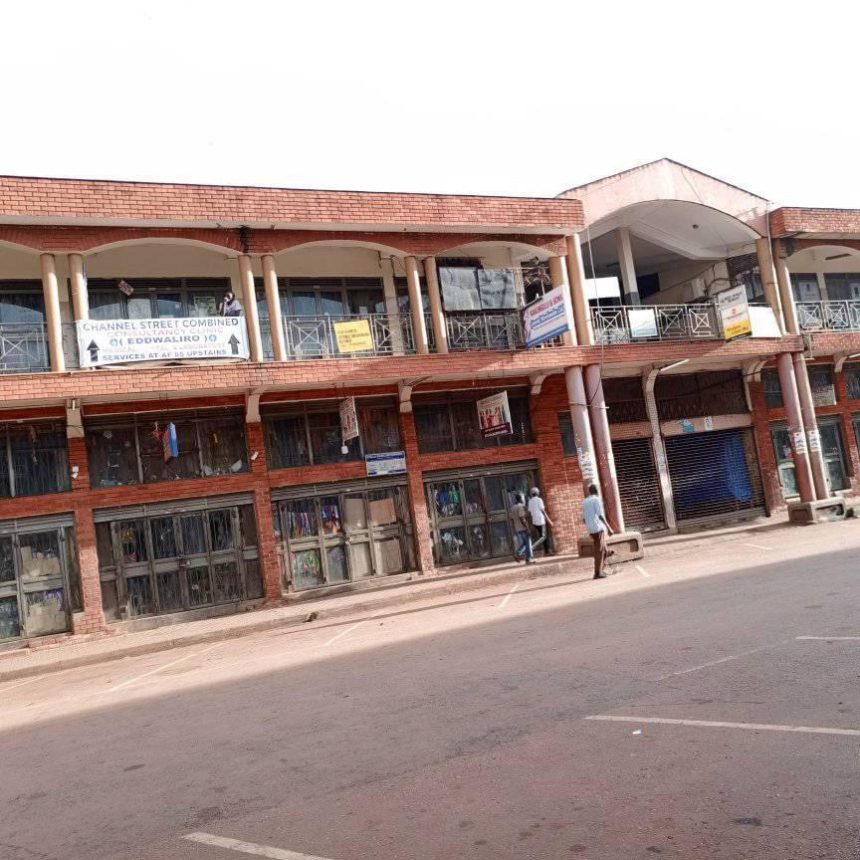City Traders Resume Business After Government Commitment to Address Concerns
The Kampala City Traders Association (KACITA) has decided to end its strike after receiving a written assurance from the Prime Minister on August 1, 2024. The government has promised to address the traders’ concerns, leading to the resumption of business activities on August 2, 2024.
Thadeus Musoke, the chairperson of KACITA, confirmed that the assurance from Prime Minister Robinah Nabbanja was delivered to the traders on the evening of August 1. Musoke noted that the traders were satisfied with the commitment shown by the government. He added that President Yoweri Museveni is expected to meet with the traders soon to discuss their issues further.
The meeting where the assurance was discussed took place at the Office of the Prime Minister in Kampala. It was attended by key stakeholders, including landlords, security chiefs, the Attorney General, and Dorothy Kisaka, the executive director of Kampala Capital City Authority.
The strike began on July 31, 2024, with traders protesting against the Electronic Fiscal Receipting and Invoicing System (EFRIS), what they described as unfair tax assessments, high taxes, and the competition from foreign traders. The strike led to the closure of many shops in downtown Kampala.
Musoke reiterated the main issues of the strike, including dissatisfaction with the EFRIS system, valuation standards, and tax policies. The traders were also concerned about the impact of foreign traders on their businesses.
President Museveni had previously supported the use of EFRIS, emphasizing its role in ensuring business transparency. During a speech on May 14, 2024, he suggested allowing flexibility for those who cannot afford the EFRIS machine, recommending the use of a smartphone option instead. He directed the Uganda Revenue Authority (URA) to accommodate this option without penalties.
Finance Ministry Permanent Secretary Ramathan Ggoobi has argued that EFRIS helps level the playing field for tax-paying businesses by reducing tax evasion. Ggoobi explained that EFRIS is designed to ensure fairness in tax collection and noted that the system’s cost should not be a barrier, as it can be used via smartphones.
URA Commissioner General John Musinguzi has reported that the taxpayer register has grown to approximately 3.2 million from 1.5 million two years ago. He expressed hope that internal tax collections will fully support Uganda’s budget in the future.
Traders in Kampala had entered the second day of a protest against new tax measures and a delayed meeting with President Yoweri Museveni. The protest began on Wednesday morning, with traders closing their shops in the Central Business District to express their dissatisfaction.
The discontent arose after President Museveni postponed a scheduled meeting with the traders. The meeting, initially planned for July 31, 2024, at Kololo Independence Grounds, was cancelled. On Saturday evening, President Museveni, through the Minister for Kampala and Metropolitan Affairs, Hajjati Minsa Kabanda, informed the traders that the venue was under renovation and would not be available. He asked them to wait until the end of August for the completion of the renovations.
This postponement disappointed the traders, who had previously expressed their concerns about tax-related issues during a meeting with the president on May 7, 2024. In response to the delay, the traders decided to close their shops on July 31, demanding a response to their grievances.
On the morning of July 31, most traders adhered to their promise and shut down their businesses. They had vowed to continue their protest until the government addressed their concerns. Despite the widespread closure, some traders opted to keep their shops open, citing the necessity of daily income for survival.




















